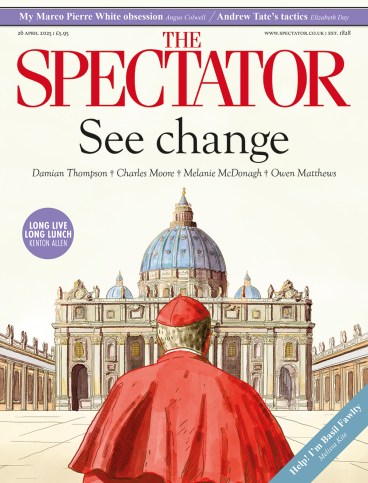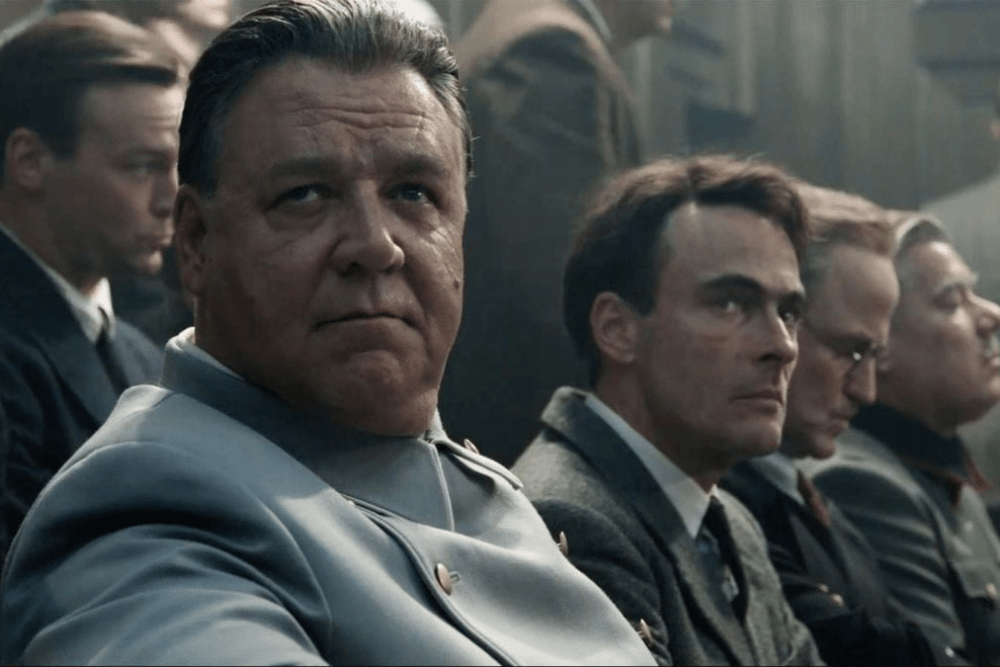
Throughout her quietly compelling second novel, Elegy, Southwest, Madeleine Watts conjures a sense of trundling steadily towards disaster. The narrator, a young Australian woman called Eloise, is recounting a road trip that she and her husband Lewis took through the American Southwest in 2018 – while a deadly fire was sweeping through northern California. The trip was bookended by disasters you could describe as closer to home: before it, Lewis’s mother died; after it, Lewis disappeared. By combing through their time in and out of the ‘climate-controlled interior of the car’, Eloise tries to figure out what happened.
The journey is part business, part pleasure. Eloise is researching her dissertation on the Colorado River. Lewis, who works for a Las Vegas-based foundation that bankrolls art in the desert, has to check on a project being completed by the partner of a recently deceased artist. Eloise is preoccupied with the shifting landscape (‘There’s less water every year. It’s like the Southwest is a paradise built on quicksand’), while Lewis is permanently thumbing his phone. Other warning signs include the fact that he’s using more weed than usual, and Eloise doesn’t tell him that she suspects she might be pregnant. Still, they’re in love – ‘the kind of love that makes you say marry me, even when you’re already married’.
Like Watts’s The Inland Sea (2020), Elegy, Southwest is haunting and precise. Here is Eloise recalling being overcome with loneliness whenever she saw Lewis take out his vape pen and start to inhale: ‘The feeling that in that intake of breath you were leaving me behind, closing the bedroom door of your attention and retreating to a place where I couldn’t find you.’ Watts writes lyrically about decay and destruction: roads are ‘cracked, flaking, like sunburnt skin as it’s peeling’; one landscape is ‘so stark that the silhouettes of tamarisk trees took on the shadowy shapes of crucifixion’.
Eloise worries about ‘the utter poverty of language in the face of calamity’, but Watts gracefully blends crises both personal and political, bodily and environmental. She understands suffering, how it takes place while someone goes about their day. As the fires spread, Lewis slowly grapples with grief, and Eloise quietly contends with the changes taking place in her body. Meanwhile, the rental car rolls on past billboards, diners, motels and a whole lot of dusty, empty desert, pulling over every now and then so the couple can eat, sleep, refuel and take it all in.







Comments